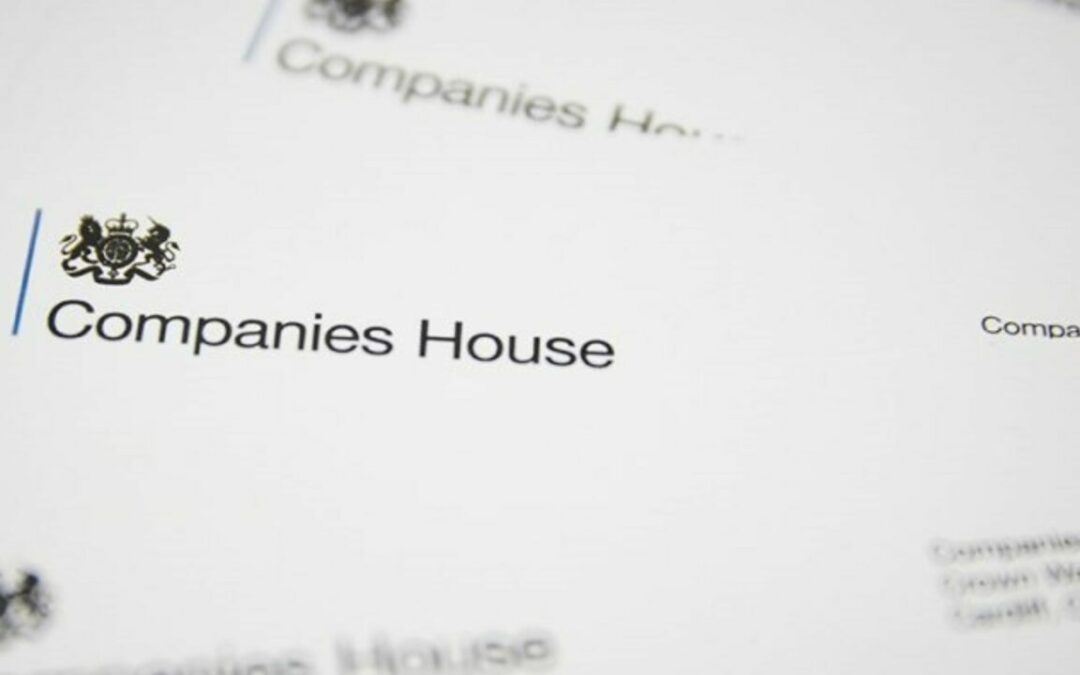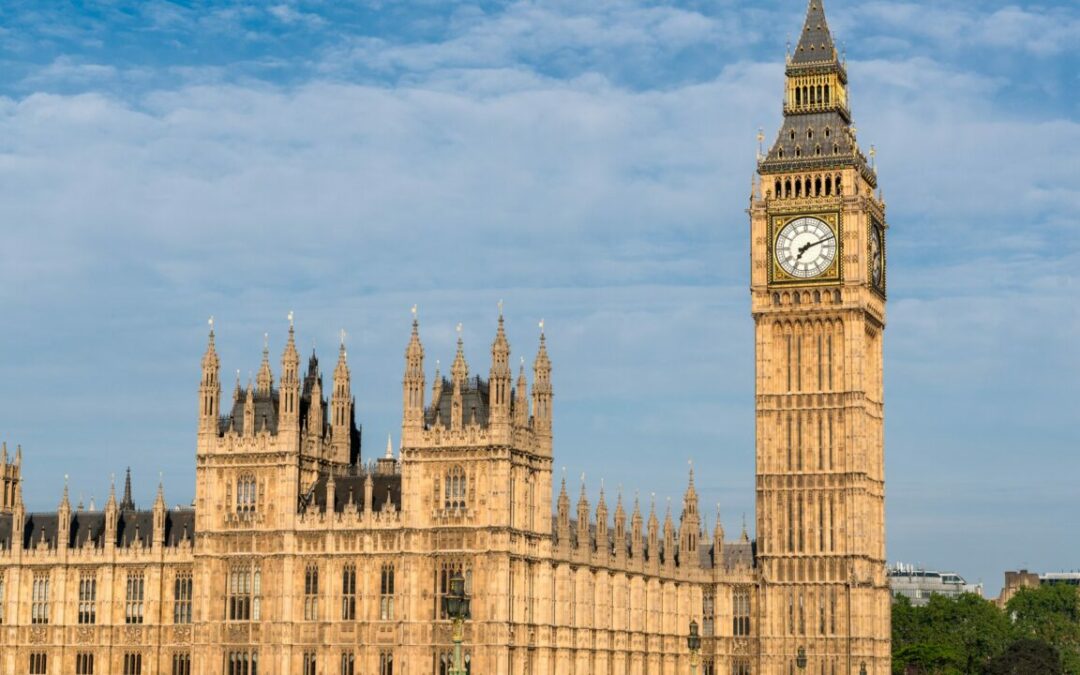Private Residence Relief can be a game-changer when it comes to payable Capital Gains Tax (CGT) when selling your home. Here’s a simple guide to help you understand how absences and deemed occupation influence PPR relief.
So what is Private Residence Relief (PPR)?
PPR is the reduction of CGT when you sell your main house. This holds for the periods when the property was your main residence. Certain absences can be treated as deemed occupation, which means you can still claim PPR even if you did not live there for some time.
Single Property Ownership
If you own one property and reside in it for the entire duration of ownership, you usually get full PPR. But things get more complicated if you have several houses or were periods you did not live in your home.
Multiple Properties
You can only have one main residence at any particular time. So if you have multiple properties, you must choose one as your main home. You can do this by telling HMRC within the first two years of owning the second property. If you do not, HMRC will use factors like where you vote or where your bank accounts are registered.
Deemed Occupation
There may be some expectations when you do not live at your property that can be considered occupation for PPR, e.g:
- The last nine months: If you lived in the property at some point, the final nine months before selling the property always qualify for PPR.
- Working abroad: Some periods can be deemed as occupation if you were working abroad. You will only be eligible for this relief if you live in the property before selling.
Example
You purchased a flat in London in 2005 and occupied it as your principal residence until 2015. In 2015, you receive a job offer abroad and relocate, letting out your London flat for this time.
In 2022 you decide to relocate back to the UK, purchase a new house in Manchester in 2022, and plan to sell your London flat, but you will live in it until the new home is ready.
- Actual Occupation: 2005 – 2015: This period qualifies for PPR.
- Deemed Occupation: Last Nine Months: Irrespective of any other factor, the last nine months leading to the sale of the flat always qualify for PPR.
- Overseas Employment: 2015 to 2022: This will qualify for PPR as you will reoccupy the London flat before selling it.
Letting Relief
Letting relief used to be more beneficial but altered in April 2020. Now, you have to have lived in the property while renting it out to be able to get letting relief. If you didn’t live in your UK home while it was rented out, you wouldn’t qualify for letting relief.
The knowledge of Private Residence Relief and the mechanism of deemed occupation is an important issue, particularly for those who own several properties or are out of town due to work-related commitments. For specific advice, reach out to your account manager who can advise you based on your particular case. We have also included relevant links to the HMRC website for further information.






